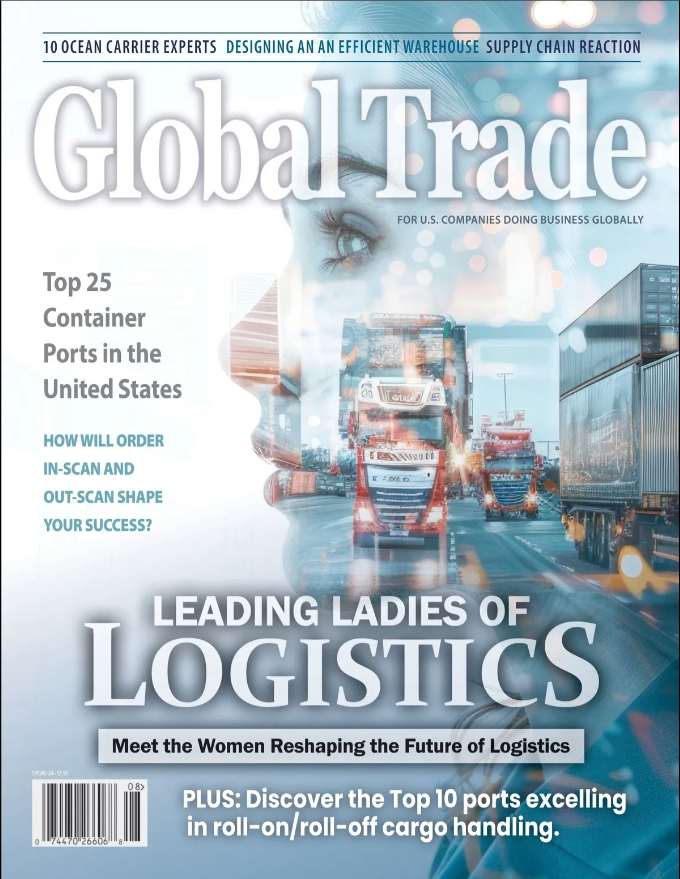Uniting Forces Against Illicit Wildlife Trade in Global Supply Chains
Illegal wildlife trafficking persists as a grave menace to biodiversity, economic stability, and global security. The clandestine trade not only imperils numerous species but also disrupts ecosystems and jeopardizes the livelihoods of communities worldwide. Recognizing the gravity of this issue, a coalition of ten prominent organizations has forged an alliance to combat illegal wildlife trafficking by enhancing awareness and vigilance across global supply chains.
The maritime sector, in particular, remains susceptible to the trafficking of contraband. Given the sheer volume of trade traversing the seas, coupled with demands for swift deliveries and intricate supply chains, criminals exploit vulnerabilities in maritime logistics to smuggle illicit goods.
In a concerted effort to combat this scourge, ten international organizations have banded together in an initiative spearheaded by the World Shipping Council. Supported by the United Nations Development Program, the Global Environment Facility, and the Global Wildlife Program, and in collaboration with TRAFFIC and WWF, the coalition also includes co-sponsorship from BIC, Global Shippers Forum, the International Fund for Animal Welfare, and TT Club. Together, they have developed practical guidelines for all stakeholders in supply chains, offering advice, posing pertinent questions to identify criminal activities, and furnishing guidance on reporting suspicious behavior. An accompanying “Red Flags” document serves as a daily reference for individuals involved in supply chains.
Combatting illegal wildlife trafficking necessitates collective action across international containerized supply chains. All involved parties, especially consolidators and recipients of goods for packing or transportation, must proactively undertake measures to prevent the shipment of illegal wildlife. This entails verifying cargo legitimacy, properly sealing shipments, conducting risk assessments, and promptly alerting national authorities to suspicious activities as necessary.
The Joint Industry Guidelines for Combatting Illegal Wildlife Trafficking aim to supplement existing International Maritime Organization (IMO) guidelines by offering tailored and actionable advice to private sector stakeholders. The IMO has been kept abreast of the development process, with the joint industry guidelines submitted to heighten awareness and spur action.
Illegal wildlife trafficking not only threatens endangered species globally but also fosters organized crime and undermines global security. The coalition’s unified endeavor underscores the shared responsibility of all stakeholders in combating this illicit trade. By pooling their expertise and resources, these organizations manifest their dedication to wildlife protection and the promotion of sustainable trade practices.





Leave a Reply